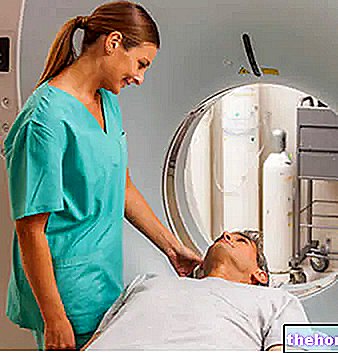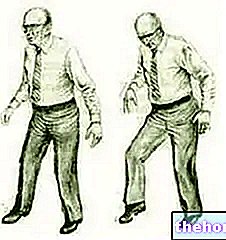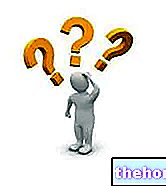Summary of Aphasia
Scroll down the page to read the summary table on aphasia.
It affects 40% of left hemisphere stroke patients
20,000 new cases every year
Meaning: an aphasic patient is not always "the one who does not speak", but also "the one who speaks, without the ability to communicate"
- word production
- word structuring
- understanding of language
- repetition of words
- ability to repeat a word or phrase
- ability to express a concept, to speak or to write
- Stroke (stroke)
- Head trauma
- Multiple sclerosis
- Alzheimer's disease
- Cerebropathy
- Vascular injury
- Hemorrhage or ischemia
- Transient ischemia
- Brain infarcts
- Encephalitis and infectious processes
- Partial seizures
- Migraine committee
- Brain tumor
- Dysarthria
- Apraxia
- Hemiplagia
- Hemiparesis
- Amnesia
- Hemianopia
- Seizures associated with loss of consciousness
- Movement alteration
- ALIAS, born in Italy around 1996
- A.IT.A Federation, acronym of Italian Aphasic Associations
- Conduction or repetition aphasia
- Anomic aphasia (amnesia nominum or amnesic aphasia)
- Sensory or Wernike aphasia
- Sensory transcortical aphasia
Classification:
- Dynamic aphasia
- Motor transcortical aphasia
- Mixed transcortical aphasia
- Broca's aphasia (or motor aphasia)
- Non-fluent speech
- Suppression of words
- Severe impairment of language comprehension
- Target: production of the word, elaboration and understanding of the same
- Receptor aphasia
- Receptive aphasia
- Expressive or modifying aphasia
- understanding of words
- name / identify objects
- repeat some words
- recognition of words spelled slowly
- writing
- any neologisms
- repeat / imitate sounds
- Determine the disease and identify the exact type of aphasia
- Assess the severity of aphasia
- To catalog and classify affected patients within a standard and precise syndrome
- Spontaneous language
- Word repetition
- Naming of objects or colors
- Repetition of words
- Oral / written comprehension
- Language test
- Fluence test
- Evaluation of the cortical quotient
- Benton test
- Speech therapy therapies
- Rehabilitation of communication
- Care of thoughts
- Learning therapy through visual, tactile and linguistic stimuli
- Linguistic approaches
- Linguistic-cognitive and pragmatic-communicative therapies
- Communicative rehabilitation through images and figures
- A targeted and continuous rehabilitation can bring extraordinary results
- The regularity of speech rehabilitation seems essential for a good prognosis
- Bilingual patients regain the ability to speak and communicate with their mother tongue relatively quickly
- Mild aphasia: the patient regains all their language skills without the need for targeted rehabilitation therapy
Other articles on "Aphasia in Brief: Summary of" Aphasia "
- Aphasia: therapy
- Aphasia
- Aphasia: classification
- Aphasia: diagnosis





.jpg)






















